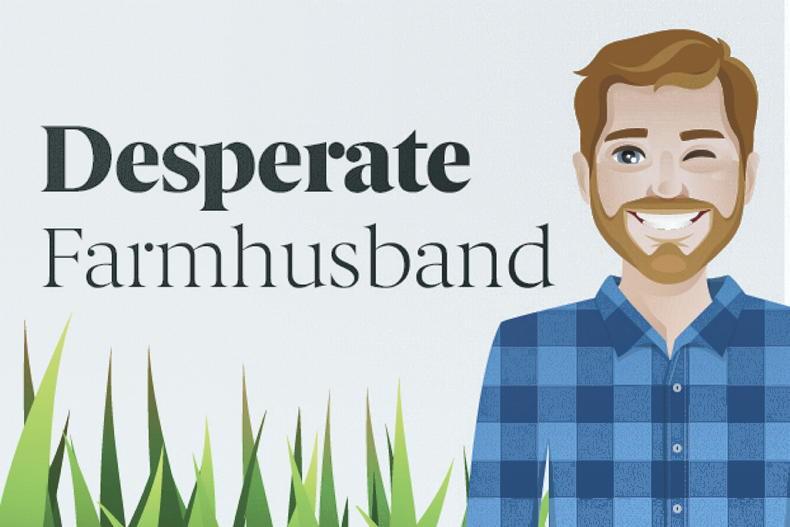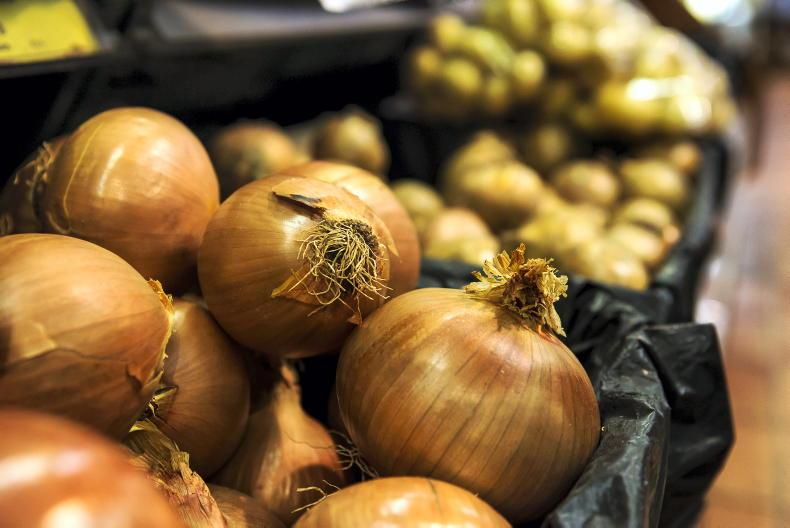On a recent trip to Vancouver, I had a great chat with a supermarket owner. While we started talking about the cost of groceries in Vancouver (which I found to be very expensive), she also gave me great insight into how complicated food labelling has become.
There are a host of labels for fresh food – particularly meat – around how the food was produced or what certification it carries. The more we chatted, the more I wondered if customers really understood all or any of them.
For example, lots of the beef was labelled as ‘grass fed’. Now, that makes sense to most people and conjures up visions of cattle happily chewing the cud in green fields under blue skies. But then there’s ‘finished on grass’. I’m really not sure how many non-farmers, particularly in cities, understand what finishing is.
Do they get that these cattle are grain-fed and kept indoors most of their lives and then spend just a few weeks eating grass? Do they see the word grass and assume all cattle are in wildflower strewn meadows? And what difference does it make anyway? Well, from the point of costs and overheads to the farmer, quite a lot. If customers don’t know the difference and see ‘finished on grass’ as cheaper than ‘grass fed’, they will probably buy the cheaper one.
For example, lots of the beef was labelled as ‘grass fed’. Now, that makes sense to most people and conjures up visions of cattle happily chewing the cud in green fields under blue skies. But then there’s ‘finished on grass’. I’m really not sure how many non-farmers, particularly in cities, understand what finishing is.
The supermarket owner told me that current trends reveal that people want to know how food is produced, and labels are also very important. Most understand that organic is a certification scheme and that to be labelled organic, the farm has to be inspected.
However, she says that many other labels are chosen by the distributor and can be a means for them to infer the food is produced in a certain way. Egg production is a great example, as eggs carry many labels. She showed me ‘free range’ which I was familiar with, and ‘free run’, which I wasn’t. What’s the difference?
‘Free run’ means the birds are able to move freely within the barn, whereas ‘free range’ means they have access to the outdoors. Again, this is a clever use of words. I imagine many think the ‘free run’ hens are running free all day in the same wildflower meadows that the cattle above enjoy, and not a very large shed holding thousands of birds.
I think this is at the heart of the matter. Consumers want to think of animals enjoying an idyllic life and advertisers are aware of this. How many of us have seen ads on TV with a child going into a hen run with a lovely basket to collect a few eggs? Realistically, we know the volume of supermarket egg sales means there’s no way they can all be collected daily by someone with a basket, but we want to think this is how the hens live.
Spinning
My head was spinning by the time she read out to me all the other possible labels: ‘non-GMO’, ‘chemical free’, ‘hormone free’, ‘pesticide free’ and ‘antibiotic free’. The funny thing is, despite the use of the word ‘free’, all of these labels have cost implications for both the producer and consumer. Worryingly, the supermarket owner also told me that many labels are self-regulated, so there is no independent body checking that the animals are produced ‘free’ at all. Farmers here have tons of paperwork when they are part of a scheme or certification and many feel we are too regulated, but I don’t think allowing huge distribution companies the right to label food is the way to go either.
Consumers living in cities are now several generations removed from the farms their ancestors were raised on, but they still want the connection. They want to believe they are still supporting that lifestyle by their food choices. The irony is that as more small to medium scale farmers leave due to poor returns, the land is bought by giant corporations whose methods of farming are more removed from the traditional ones the consumer believes they are supporting.
Read more
Margaret Leahy: blessed are we amongst women
Margaret Leahy: food waste simply can't be ignored anymore
On a recent trip to Vancouver, I had a great chat with a supermarket owner. While we started talking about the cost of groceries in Vancouver (which I found to be very expensive), she also gave me great insight into how complicated food labelling has become.
There are a host of labels for fresh food – particularly meat – around how the food was produced or what certification it carries. The more we chatted, the more I wondered if customers really understood all or any of them.
For example, lots of the beef was labelled as ‘grass fed’. Now, that makes sense to most people and conjures up visions of cattle happily chewing the cud in green fields under blue skies. But then there’s ‘finished on grass’. I’m really not sure how many non-farmers, particularly in cities, understand what finishing is.
Do they get that these cattle are grain-fed and kept indoors most of their lives and then spend just a few weeks eating grass? Do they see the word grass and assume all cattle are in wildflower strewn meadows? And what difference does it make anyway? Well, from the point of costs and overheads to the farmer, quite a lot. If customers don’t know the difference and see ‘finished on grass’ as cheaper than ‘grass fed’, they will probably buy the cheaper one.
For example, lots of the beef was labelled as ‘grass fed’. Now, that makes sense to most people and conjures up visions of cattle happily chewing the cud in green fields under blue skies. But then there’s ‘finished on grass’. I’m really not sure how many non-farmers, particularly in cities, understand what finishing is.
The supermarket owner told me that current trends reveal that people want to know how food is produced, and labels are also very important. Most understand that organic is a certification scheme and that to be labelled organic, the farm has to be inspected.
However, she says that many other labels are chosen by the distributor and can be a means for them to infer the food is produced in a certain way. Egg production is a great example, as eggs carry many labels. She showed me ‘free range’ which I was familiar with, and ‘free run’, which I wasn’t. What’s the difference?
‘Free run’ means the birds are able to move freely within the barn, whereas ‘free range’ means they have access to the outdoors. Again, this is a clever use of words. I imagine many think the ‘free run’ hens are running free all day in the same wildflower meadows that the cattle above enjoy, and not a very large shed holding thousands of birds.
I think this is at the heart of the matter. Consumers want to think of animals enjoying an idyllic life and advertisers are aware of this. How many of us have seen ads on TV with a child going into a hen run with a lovely basket to collect a few eggs? Realistically, we know the volume of supermarket egg sales means there’s no way they can all be collected daily by someone with a basket, but we want to think this is how the hens live.
Spinning
My head was spinning by the time she read out to me all the other possible labels: ‘non-GMO’, ‘chemical free’, ‘hormone free’, ‘pesticide free’ and ‘antibiotic free’. The funny thing is, despite the use of the word ‘free’, all of these labels have cost implications for both the producer and consumer. Worryingly, the supermarket owner also told me that many labels are self-regulated, so there is no independent body checking that the animals are produced ‘free’ at all. Farmers here have tons of paperwork when they are part of a scheme or certification and many feel we are too regulated, but I don’t think allowing huge distribution companies the right to label food is the way to go either.
Consumers living in cities are now several generations removed from the farms their ancestors were raised on, but they still want the connection. They want to believe they are still supporting that lifestyle by their food choices. The irony is that as more small to medium scale farmers leave due to poor returns, the land is bought by giant corporations whose methods of farming are more removed from the traditional ones the consumer believes they are supporting.
Read more
Margaret Leahy: blessed are we amongst women
Margaret Leahy: food waste simply can't be ignored anymore








SHARING OPTIONS